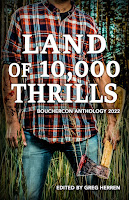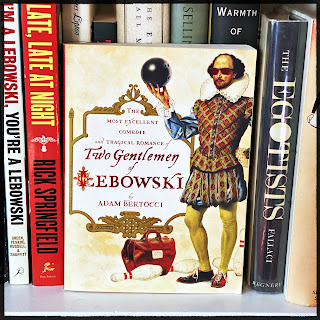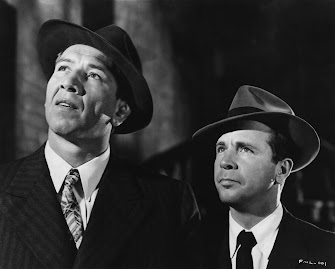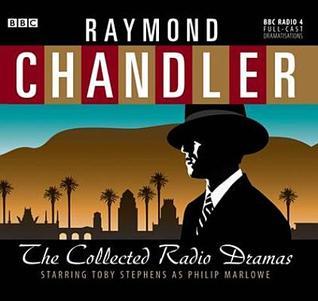Artificial Intelligence once was a concept of science fiction, a thing of the future. Now, it's a creature of the present and we are still learning how to use it.
With the right AI software, anyone can type in "write an article on the elements needed to write a great short story" and then hit ENTER. The software will proceed to write an article on what the software considers to be the elements necessary to write a great short story. If the submitter doesn't like the article for some reason, then he or she can enter the same information and hit ENTER again. The A I software will turn out a different article, ad infinitum.
Okay, so let's see what the software wrote for the first inquiry.
Writing a great short story can be challenging, but it is also an incredibly rewarding experience. Short stories can be powerful tools for exploring complex themes, capturing a moment in time, or simply entertaining readers with a well-crafted tale. Whether you are a seasoned writer or a newcomer to the craft, there are several key elements that can help you create a compelling short story.
1. A strong opening: The first sentence or paragraph of your short story should grab the reader's attention and set the tone for what's to come. It should establish the setting, introduce the main character or characters, and hint at the conflict or tension that will drive the plot forward.
2. Compelling characters: In a short story, there is limited space to develop characters, so it is important to make every word count. Create characters that are unique, interesting, and relatable. Give them clear motivations, distinct personalities, and flaws that make them feel like real people.
3. A well-developed plot: Your story should have a clear beginning, middle, and end. The plot should be structured in a way that keeps the reader engaged and interested. Avoid predictable or cliched storylines, and strive for a unique and surprising twist or resolution.
4. Conflict or tension: Your story should have a central conflict or tension that drives the action forward. This could be a physical or emotional obstacle that the main character must overcome, or it could be a moral dilemma that forces the character to make a difficult decision.
5. Effective pacing: In a short story, pacing is critical. You need to keep the reader engaged and interested from beginning to end, without rushing or dragging the story out. Use pacing techniques like dialogue, description, action to create a sense of momentum and tension.
6. A clear theme: A great short story should leave the reader with a clear sense of what it's all about. It should explore a theme or idea that resonates with the reader, whether it is a universal truth about the human condition, a commentary on a current issue, or a personal reflection on life.
7. Skilled language: Finally, a great short story should be written in skillful and precise language. Choose your words carefully, and use imagery, metaphors, and other literary devices to create a vivid and engaging story. Avoid cliches and overused phrases, and strive for originality and creativity.
In conclusion, a great short story requires careful attention to many different elements from character development and plot pacing, theme, and language. By honing your skills in each of these areas, you can create a story that is both memorable and powerful. Remember that the most important element of any story is its ability to connect with readers on an emotional level, so be true to your own voice and vision, and strive to create a story that will resonate with your audience.
Personally, other than some repetition, I would say the A I software did a good job and covered all the necessary elements. At this stage in my career, I tend to write instinctively without consciously thinking about the basics, however there are times it probably would not hurt for me to be reminded what the basics are. I think I'll keep this article on file.
I have not played around with having the A I software write a short story to see how well it does. What do you think, will A I programs eventually acquire the ability to put us human writers out of business?
And, if an Artificial Intelligence program does write a short story, who then owns the copyright?






























